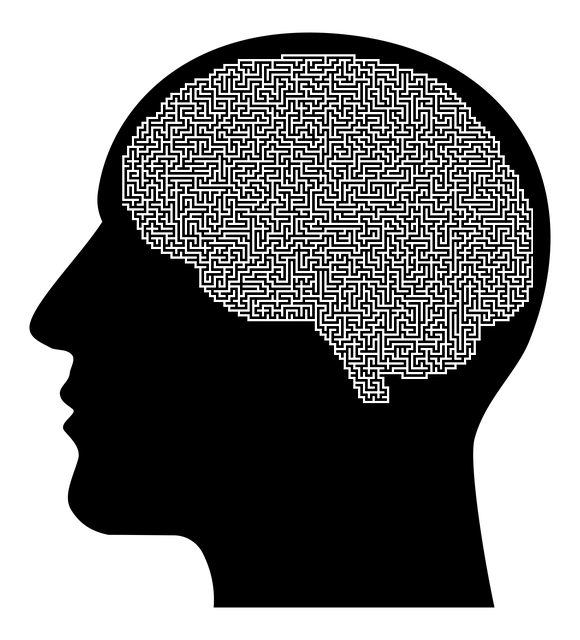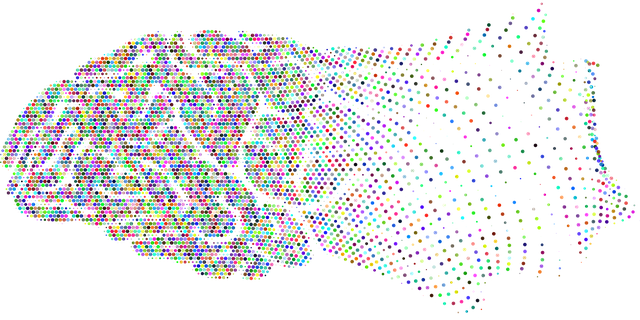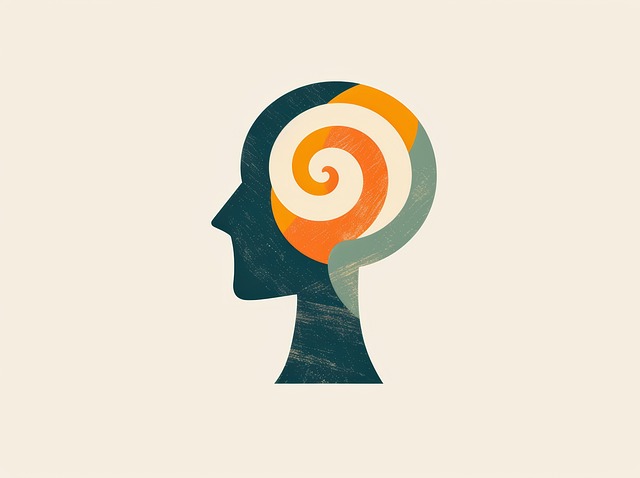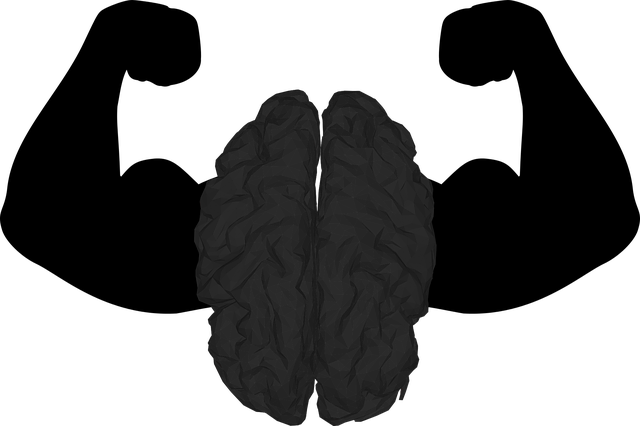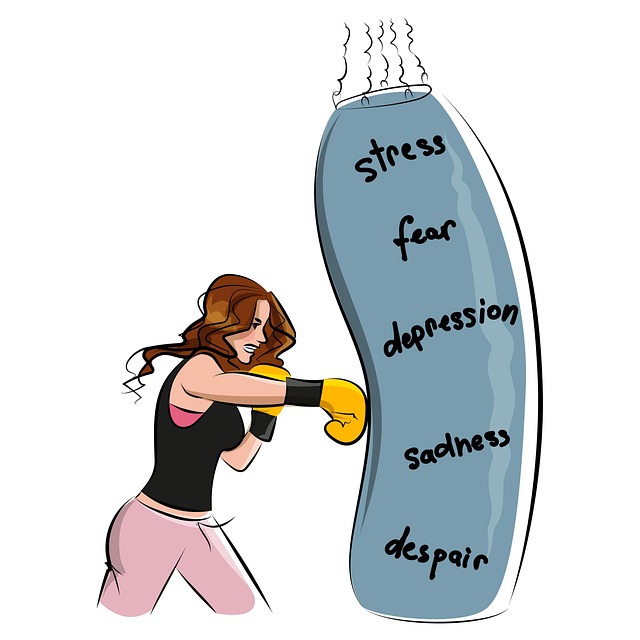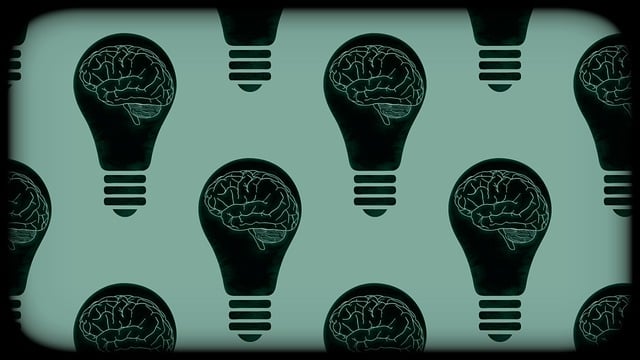Emotional Intelligence (EI) is a vital skillset for navigating modern life, enabling individuals to manage their emotions, empathize with others, and thrive in stressful environments. The Superior Dialectical Behavioral Therapy (DBT) offers a comprehensive framework to enhance EI through four key components: mindfulness, distress tolerance, emotion regulation, and interpersonal effectiveness. DBT techniques, originally designed for borderline personality disorder, include cognitive-behavioral approaches, mindfulness practices, self-care, and relationship skills. Integrating these into daily life improves emotional well-being, fosters healthier relationships, enhances decision-making, and prevents burnout in various professions, making Superior DBT a powerful tool for personal growth and societal harmony.
Emotional intelligence (EQ) is a powerful tool for navigating life’s challenges and fostering meaningful connections. Understanding EQ and its profound impact on personal growth and relationships is the first step. This article delves into the role of Superior Dialectical Behavioral Therapy (DBT) as an effective approach to building emotional intelligence. We explore key components of DBT, including mindfulness, emotion regulation, and distress tolerance, offering practical strategies to integrate these techniques into daily life for a more balanced and fulfilling existence.
- Understanding Emotional Intelligence and Its Impact
- The Role of Dialectical Behavioral Therapy (DBT) in Building EQ
- Key Components of DBT for Emotional Regulation
- Practical Strategies to Integrate DBT Techniques into Daily Life
Understanding Emotional Intelligence and Its Impact

Emotional Intelligence (EI), a concept that has gained significant traction in recent years, refers to an individual’s ability to recognize, understand, and manage their own emotions, as well as empathize with others. This skill set goes beyond mere emotional awareness; it involves utilizing superior Dialectical Behavioral Therapy (DBT) techniques to navigate complex interpersonal interactions effectively. EI isn’t just about feeling emotions; it’s about understanding their nuances and learning how to respond to them constructively, leading to improved mental wellness.
The impact of cultivating EI is profound. It promotes emotional well-being promotion techniques that foster healthier relationships, enhance empathy building strategies, and improve overall quality of life. In today’s fast-paced world, where stress and anxiety are prevalent, high EI individuals tend to cope better with challenges, making them resilient in the face of adversity. This ability to recognize and manage emotions not only benefits personal growth but also contributes to a more empathetic and harmonious society.
The Role of Dialectical Behavioral Therapy (DBT) in Building EQ

Dialectical Behavioral Therapy (DBT) has emerged as a powerful tool in enhancing emotional intelligence (EQ). This form of therapy, originally designed for individuals with borderline personality disorder, focuses on teaching clients skills to navigate and regulate their emotions effectively. DBT combines cognitive-behavioral techniques with mindfulness practices, empowering individuals to develop a superior understanding of their feelings and the impact they have on others.
By integrating self-care practices and promoting healthy interpersonal relationships, DBT fosters mental health awareness and boosts confidence. The therapy encourages individuals to adopt a balanced perspective, accepting both positive and negative emotions as part of life’s tapestry. This dialectical approach helps clients make meaningful changes in their lives, improving overall emotional well-being and enhancing their ability to respond adaptively to various situations.
Key Components of DBT for Emotional Regulation

The Superior Dialectical Behavioral Therapy (DBT) offers a comprehensive framework for individuals seeking to enhance their emotional intelligence and regulation skills. This therapy type is particularly beneficial for those navigating complex emotions, as it provides tools to manage distress and improve interpersonal relationships. DBT emphasizes four key components for effective emotional regulation:
1. Mindfulness: The practice of being fully present in the moment helps individuals observe their emotions without judgment. Mindfulness allows one to gain clarity, understand triggers, and make conscious choices rather than reacting impulsively.
2. Distress Tolerance: This component equips people with coping strategies to tolerate emotional distress when facing challenging situations. It includes techniques like self-soothing skills, distraction, and emotion regulation strategies to help individuals stay calm and grounded during crises.
3. Emotion Regulation: By learning to identify and understand their emotions, individuals can develop effective ways to modify or reduce emotional intensity. DBT teaches skill sets to label emotions accurately, generate alternative responses, and gradually shift emotional states in a healthier direction.
4. Interpersonal Effectiveness: Enhancing communication skills and setting boundaries are crucial aspects of this component. Individuals learn to express their needs assertively, foster healthy relationships, and manage conflict constructively, thereby improving overall social interactions and support networks. These skills are particularly valuable for Burnout Prevention Strategies for Healthcare Providers and Trauma Support Services, ensuring professionals maintain emotional resilience while supporting others.
Practical Strategies to Integrate DBT Techniques into Daily Life

Integrating Dialectical Behavioral Therapy (DBT) techniques into daily life can significantly enhance emotional intelligence and overall mental wellness. One practical strategy is to adopt mindfulness practices, a core component of DBT. Incorporate moments of silence or short meditation sessions to foster self-awareness and present-moment awareness. This simple act can help individuals recognize and manage their emotions more effectively. Additionally, engaging in regular self-reflection allows for better understanding of one’s triggers and reactions, promoting healthier coping mechanisms.
Another effective DBT technique is emotional regulation. Encourage the practice of labeling emotions rather than reacting impulsively. By naming and acknowledging feelings, individuals can gain a sense of control over their responses. This skill, when integrated into daily routines, becomes a powerful tool for managing stress and conflicts, thereby improving both personal relationships and professional interactions. Moreover, applying these techniques in real-life scenarios through role-playing or cognitive reframing exercises can facilitate better decision-making and enhance emotional well-being as part of a broader Mental Health Policy Analysis and Advocacy strategy.
Emotional intelligence, a powerful tool for personal growth and improved relationships, can be cultivated through various methods. Among these, Superior Dialectical Behavioral Therapy (DBT) stands out as an effective approach. By integrating key DBT components like mindfulness, emotion regulation, distress tolerance, and interpersonal effectiveness into daily life, individuals can enhance their emotional intelligence. Practical strategies outlined in this article provide a roadmap for incorporating DBT techniques, empowering folks to navigate life’s challenges with greater ease and fostering more meaningful connections along the way.





